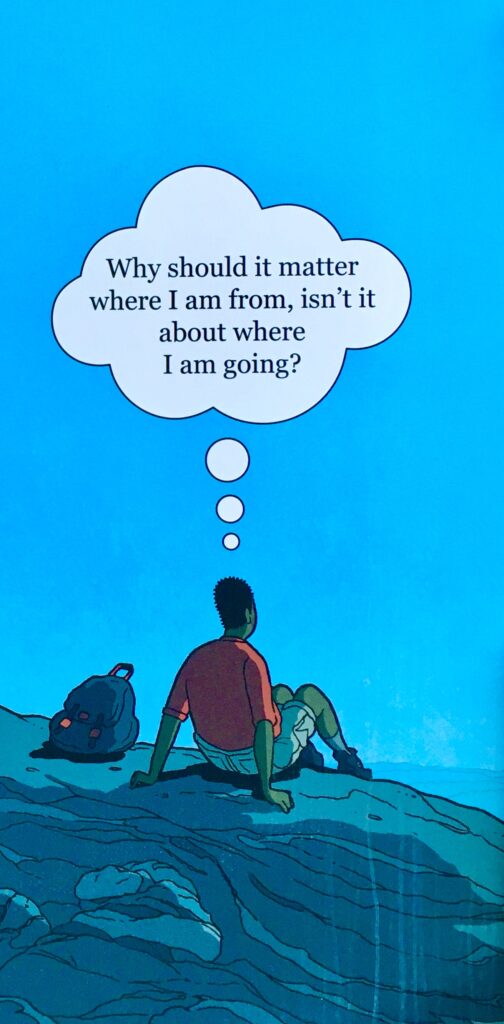Grasp The Opportunities That Gen Z Offers To Transform Your Organization

Gen Z employees, those workers born between 1997 and 2012, are entering your organization and will account for 27% of the workforce by 2025. To counter the myths and misconceptions about Gen Z, we surveyed thousands of Gen Zers in multiple countries. The results of this research are summarized in the report, Ready Or Not, Gen Z Is Already In Your Workforce. Understanding this data will help you successfully integrate Gen Z employees and reap the benefits:
- Narrow the skills gap in your organization. Skills shortages and a shrinking workforce are the backdrop for Gen Z’s entry into the workforce. The economy in most developed markets is dealing with challenging generational dynamics that manifest themselves in a widening skills gap: The rate of Baby Boomers going into retirement is increasing in most Western countries. Many countries are facing lower birth rates. And many countries are also facing declining workforce participation. Gen Z employees offer an important opportunity to address the challenges of the skills gap by attracting graduates who took STEM subjects and who bring above-average digital and soft skills.
- Transform your workforce toward a digital mindset. Gen Z is the first generation of true digital natives. It’s the first true smartphone generation. Gen Z employees only know being “always on” — being always connected and available. They are more natural multitaskers than previous generations and more adept as virtual relationship-builders. For them, it is natural to engage in fast and simultaneous communication with colleagues, partners, and customers. And they seem bolder: More Gen Z employees state that their organization is open to new ways of working than their older colleagues — 56% for Gen Z compared to 45% for Gen X.
- Elevate your diversity and inclusion efforts. Gen Z is very open and sensitive to diversity and inclusion initiatives because it’s part of who they are. Many societies in the West underwent a fundamental transformation of the population, with more mixed-race people and people with ethnically diverse backgrounds entering the workforce. For instance, in the US, 48% of Gen Z individuals have an ethnically diverse background, versus 18% of Boomers.
- Create a more resilient workforce. Gen Z members have been exposed to many overlapping fundamental crises for the last few years of their short lifetimes, such as environmental concerns, pandemic conditions, the risk of global war, and significant economic uncertainties. This exposure to external challenges has exposed Gen Z employees to uncertainty as a normal state. Gen Z is more prepared to try out new things (68%), pick up new skills (74%), and take risks (61%) than their Baby Boomer colleagues (48%, 60%, and 37%, respectively).
